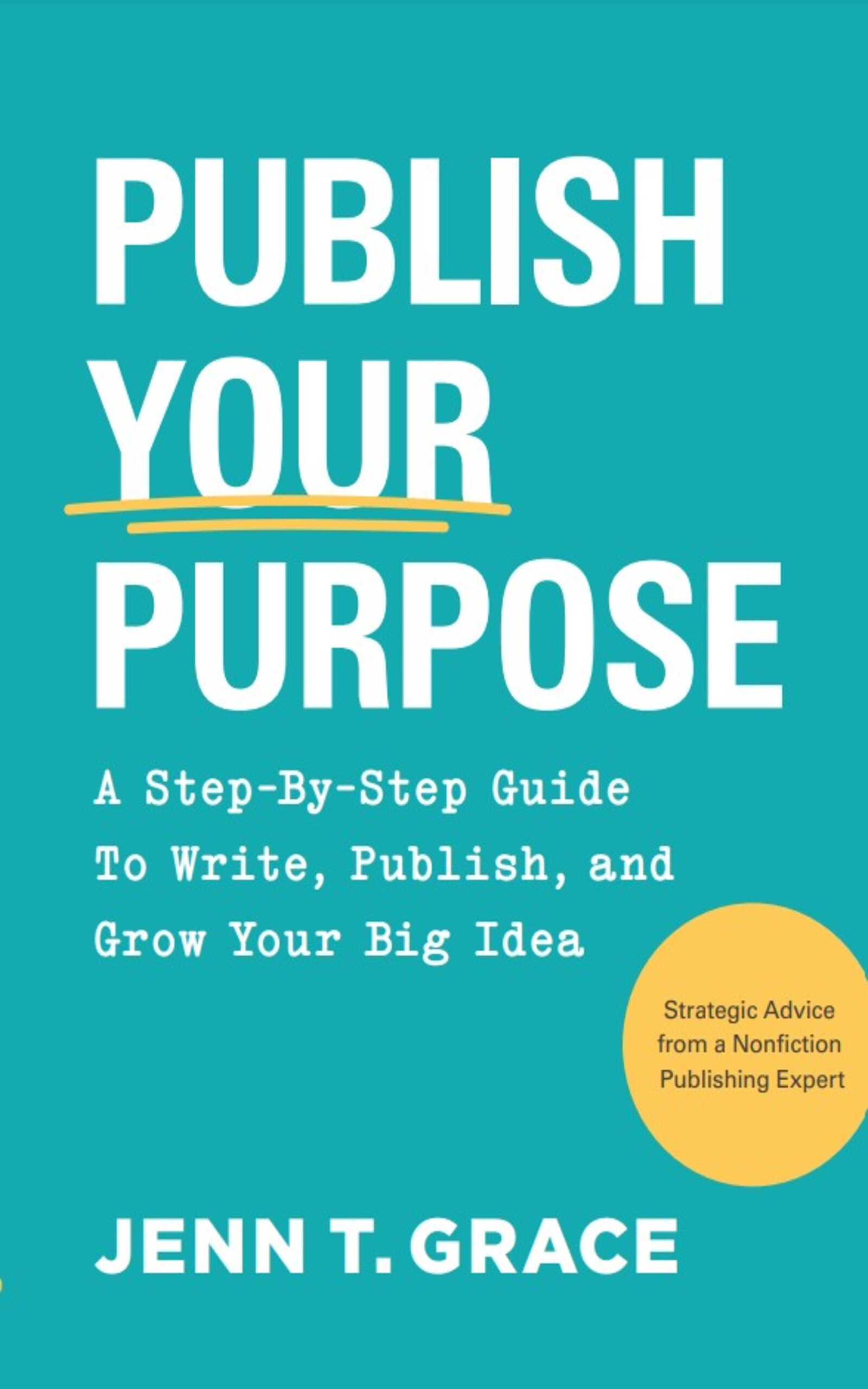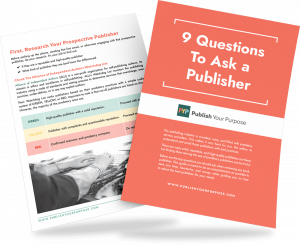If you’re contemplating writing a book or feeling unmotivated in the process, now is the perfect time to take action! Download Chapter 7: Before You Begin Writing from Publish Your Purpose: A Step-By-Step Guide To Write, Publish, and Grow Your Big Idea.
As a business owner, having a published book can significantly enhance your business. By becoming a published author, you create opportunities for future success and growth.
The Benefits of Having a Book
Establish Authority
A published book positions you as an expert in your field. By sharing your insights and experiences, you not only educate others but also establish yourself as a thought leader. This enhances your personal brand and allows you to attend events not just as a business owner, but as an author.
Boost Business Recognition
As your book gains attention, your business benefits too. When networking at conferences, mentioning your book can spark interest, allowing you to discuss both your work and how it connects to your business. This dual promotion increases your credibility and visibility in various networks.
Leverage Book Content for Business Growth
The lessons you write about can directly inform your business strategies. For example, if you run a consulting firm, you can apply the insights from your book in your presentations and client interactions. This integration reinforces your expertise and promotes both your book and business.
Understanding ‘Downtime’
What Constitutes Downtime?
Downtime is any period when you aren’t engaged in business activities. This could be weekends, lunch breaks, or a few hours after work. It’s essential to carve out this time for yourself to focus on writing.
Making Progress During Downtime
Writing Is a Marathon, Not a Sprint
Completing a manuscript takes time, often months for the first draft. Many potential authors hesitate due to the daunting nature of the task. However, dedicating small amounts of downtime daily to writing can lead to significant progress. Set a timeline for your writing sessions to ensure consistent output.
How Much Time Should You Allocate?
Assess Your Availability
Your writing schedule depends on your available downtime and your goals. Consider the following:
- How many hours can you dedicate weekly?
- What is your writing speed (e.g., words per hour)?
- How long do you envision your manuscript being?
- What is your target publication date?
For instance, if you can dedicate 15-20 hours per week and write about 500 words every two to three hours, you can aim for a 50,000-word manuscript in roughly 13 weeks, provided you maintain consistency.
Flexibility Is Key
While having a timeline is important, be prepared to adjust it as life changes. If your business gets busy or unexpected events arise, it’s okay to shift your writing schedule. Just ensure you stay committed to your writing goals.
Ready to Get Started?
If you’ve been delaying your writing journey or don’t know where to begin, click here to explore our Getting Started for Authors program. This program covers the essentials, including mindset, writing routines, tips, accountability, and more!





